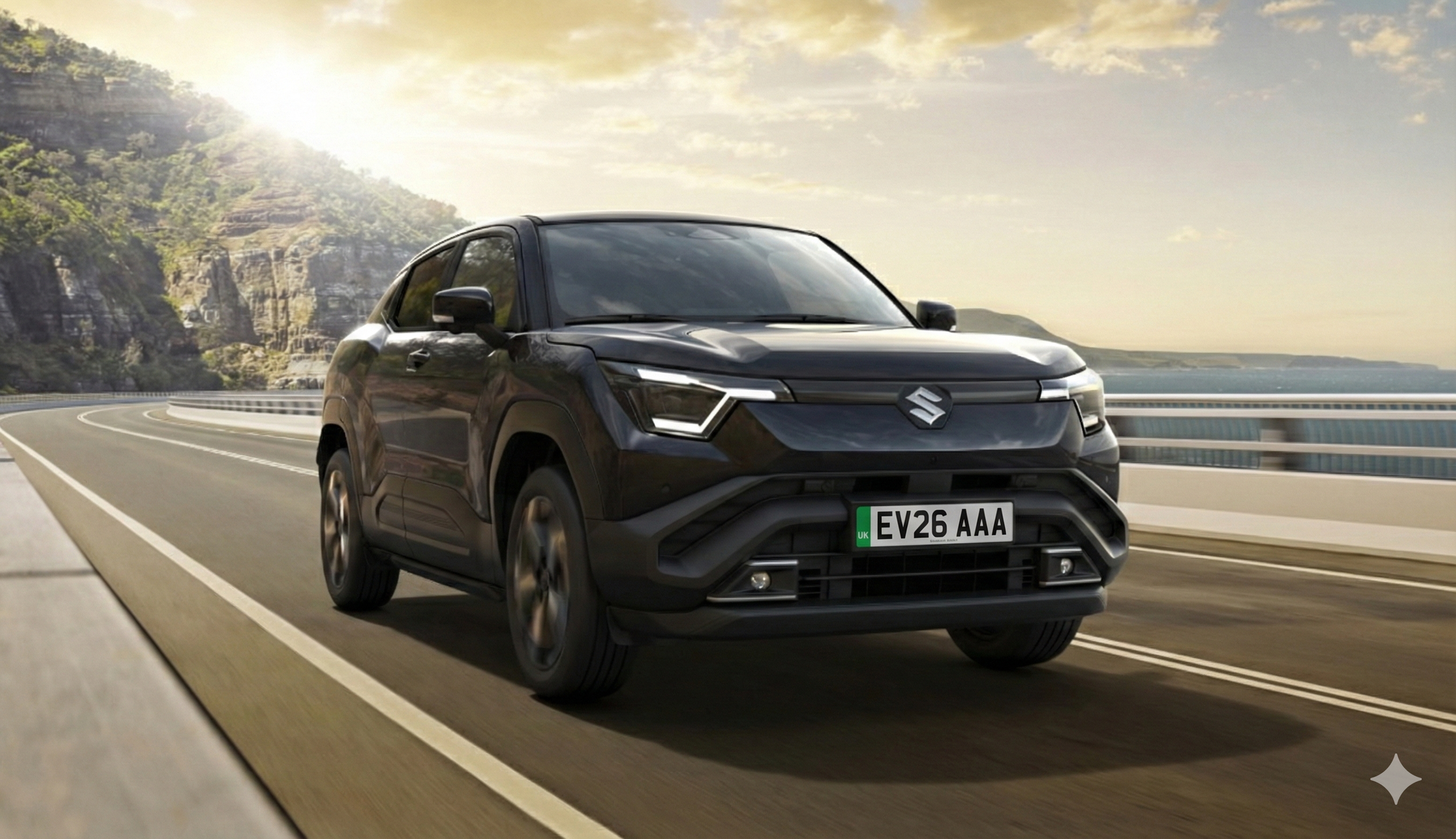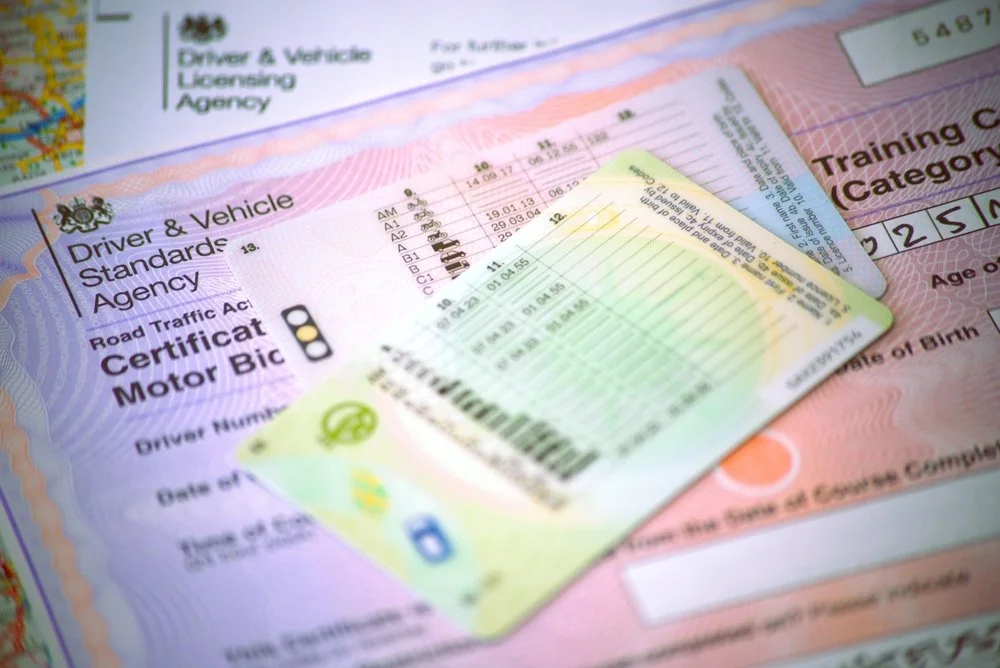Reeves Confirms Tax Rises Coming: Is Salary Sacrifice Still Safe?
Source: Shutterstock
On the 4th of November, Chancellor Rachel Reeves delivered an unprecedented pre-Budget speech confirming what many have been speculating: significant tax rises are coming at the 26 November Budget. For employees concerned about their finances, electric car salary sacrifice offers a practical way to reduce taxable income and protect against these increases.
What was in the Chancellor’s November 4th Speech?
In an unusual move just three weeks before her Budget, Reeves laid the groundwork for further tax rises despite promising last year not to return with additional tax demands. Her key messages were clear:
"All will have to contribute" to repairing public finances, she stated, signaling broad-based tax increases rather than targeting specific groups.
"Everyone can see this year has thrown many more challenges our way," the Chancellor added, citing a productivity downgrade by the Office for Budget Responsibility and persistent global economic pressures.
Taxes are going up. As the BBC's chief political correspondent Henry Zeffman noted: "If there was any glimmer of doubt about that before this speech, there isn't now."
Reeves refused to specify which taxes would rise or by how much, stating that "specific policy choices will be set out on 26 November." However, reports suggest Treasury discussions center on either a significant income tax increase or multiple smaller tax rises across different areas.
How Big is the Budget Challenge?
The Chancellor faces a £20 billion fiscal gap, primarily driven by the OBR's expected productivity downgrade of about 0.3 percentage points.
BBC Verify notes that if the Chancellor needs to raise significant sums, "the easiest way to do so would be to increase one of the big revenue raisers: income tax, National Insurance or VAT." However, Labour's manifesto promised not to raise these taxes, creating a political dilemma.
According to government calculations:
Adding 1p to the basic rate of income tax would raise £7-8 billion annually
Adding 1p to the higher rate would raise about £2 billion annually
The Institute for Fiscal Studies warned that raising "tens of billions of pounds in taxes without breaking Labour's manifesto pledges would be difficult, but not impossible," though many options "outside the 'big three' would have particularly damaging effects on growth and welfare."
How EV Salary Sacrifice Protects Your Finances
Regardless of which taxes increase, electric car salary sacrifice provides protection by reducing your taxable income before any calculations are made.
The Protection Mechanism
When you salary sacrifice an electric car, you reduce your gross salary before taxes apply. This means:
Less income exposed to tax increases: If income tax rates rise, you're paying the higher rate on a smaller income base.
Immediate savings: You're already saving 20-50% on electric cars compared to personal leasing.
Comprehensive cover: Insurance, maintenance, breakdown, and tyres all included from pre-tax salary.
Protected rates: The 3% Benefit-in-Kind rate for EVs is locked until 2029, providing certainty whilst other tax areas face uncertainty.
Real Impact Example
£48,000 Earner Without Salary Sacrifice:
Full salary exposed to any tax increases
Car costs paid from post-tax income
Separate payments for insurance, maintenance
£48,000 Earner With £400 Monthly EV Salary Sacrifice:
Taxable income reduced to £43,200
£4,800 less income exposed to tax rises
Net EV cost after savings: Approximately £260/month
Everything included: insurance, maintenance, breakdown
If income tax rises by 2p (as widely reported), the employee with salary sacrifice pays the increase on £4,800 less income - immediately saving £96 annually compared to someone without salary sacrifice, whilst also enjoying 20-50% savings on the vehicle itself.
Why EV Schemes Remain Protected
Unlike other benefits facing review, electric car salary sacrifice enjoys robust government support for clear policy reasons.
Supporting Net Zero: The UK must achieve Net Zero by 2050, with the 2030 zero-emission vehicle mandate requiring 80% of new car sales to be electric. EV salary sacrifice accelerates this transition.
BiK rates locked: Benefit-in-Kind rates are confirmed at 3% for 2025/26, rising gradually to 9% by 2029 - far below the 37% maximum for petrol/diesel vehicles.
Multiple benefits: The schemes support job creation in manufacturing, reduces air pollution improving public health, and generate tax revenue through BiK whilst keeping EVs accessible.
Taking Action Before the Budget
With the Budget just three weeks away and tax rises confirmed, establishing a salary sacrifice arrangement now provides immediate protection and certainty.
Why Act Now
Lock in current terms: Salary sacrifice arrangements established before the Budget continue under existing favorable conditions.
Reduce tax exposure: Lower your taxable income before any rate increases take effect.
Budget certainty: Fixed monthly costs with comprehensive cover regardless of tax changes.
Immediate savings: Access 20-50% savings on electric cars whilst protecting against future increases.
What's Included
Through The Electric Car Scheme, employees benefit from:
A new or used electric vehicle
Optional comprehensive insurance
Full maintenance and servicing
Breakdown cover across Europe
Tyre replacement
Protection through reduced taxable income
The Charge Scheme: Additional 20-50% savings on charging costs
The Bottom Line
Chancellor Reeves has confirmed that tax rises are coming on 26 November, with "all contributing" to public finance repair. Whilst the specific details remain unknown, electric car salary sacrifice offers practical protection regardless of which taxes increase.
By reducing your taxable income before any calculations are made, you minimize exposure to rate increases whilst accessing a brand-new electric car at 20-50% savings. With BiK rates locked until 2029 and strong government support for EV adoption, salary sacrifice provides certainty in an uncertain tax environment.
For employees: Get an instant quote to see your savings and how salary sacrifice protects your finances.
For employers: Book a demo to discover zero-cost setup, average NIC savings of £56,000 annually, and Complete Employer Protection from day one.
Whatever the Budget brings on 26 November, position yourself to benefit from government-backed savings whilst protecting against tax increases through EV salary sacrifice.
Are you an employer?
BOOK A DEMOAre you an employee?
SEE AVAILABLE CARSYou might also like…
The information provided on this blog is for general informational purposes only and should not be construed as tax advice or accountancy services. We are not qualified accountants or tax advisors, and nothing on this site should be relied upon as professional advice tailored to your specific circumstances. Tax laws and regulations are complex and subject to change, and individual situations vary considerably. For specific guidance regarding your tax obligations, financial planning, or accounting matters, we strongly recommend that you consult with a qualified accountant, tax advisor, or other appropriate professional who can assess your particular situation. We accept no liability for any loss or damage arising from reliance on the content provided on this blog.
Last updated: 10/11/2025
Our pricing is based on data collected from The Electric Car Scheme quote tool. All final pricing is inclusive of VAT. All prices above are based on the following lease terms; 10,000 miles pa, 36 months, and are inclusive of Maintenance and Breakdown Cover. The Electric Car Scheme’s terms and conditions apply. All deals are subject to credit approval and availability. All deals are subject to excess mileage and damage charges. Prices are calculated based on the following tax saving assumptions; England & Wales, 40% tax rate. The above prices were calculated using a flat payment profile. The Electric Car Scheme Limited provides services for the administration of your salary sacrifice employee benefits. The Electric Car Scheme Holdings Limited is a member of the BVRLA (10608), is authorised and regulated by the FCA under FRN 968270, is an Appointed Representative of Marshall Management Services Ltd under FRN 667174, and is a credit broker and not a lender or insurance provider.
Copyright and Image Usage: All images used on this website are either licensed for commercial use or used with express permission from the copyright holders, in compliance with UK and EU copyright law. We are committed to respecting intellectual property rights and maintaining full compliance with applicable regulations. If you have any questions or concerns regarding image usage or copyright matters, please contact us at marketing@electriccarscheme.com and we will address them promptly.





